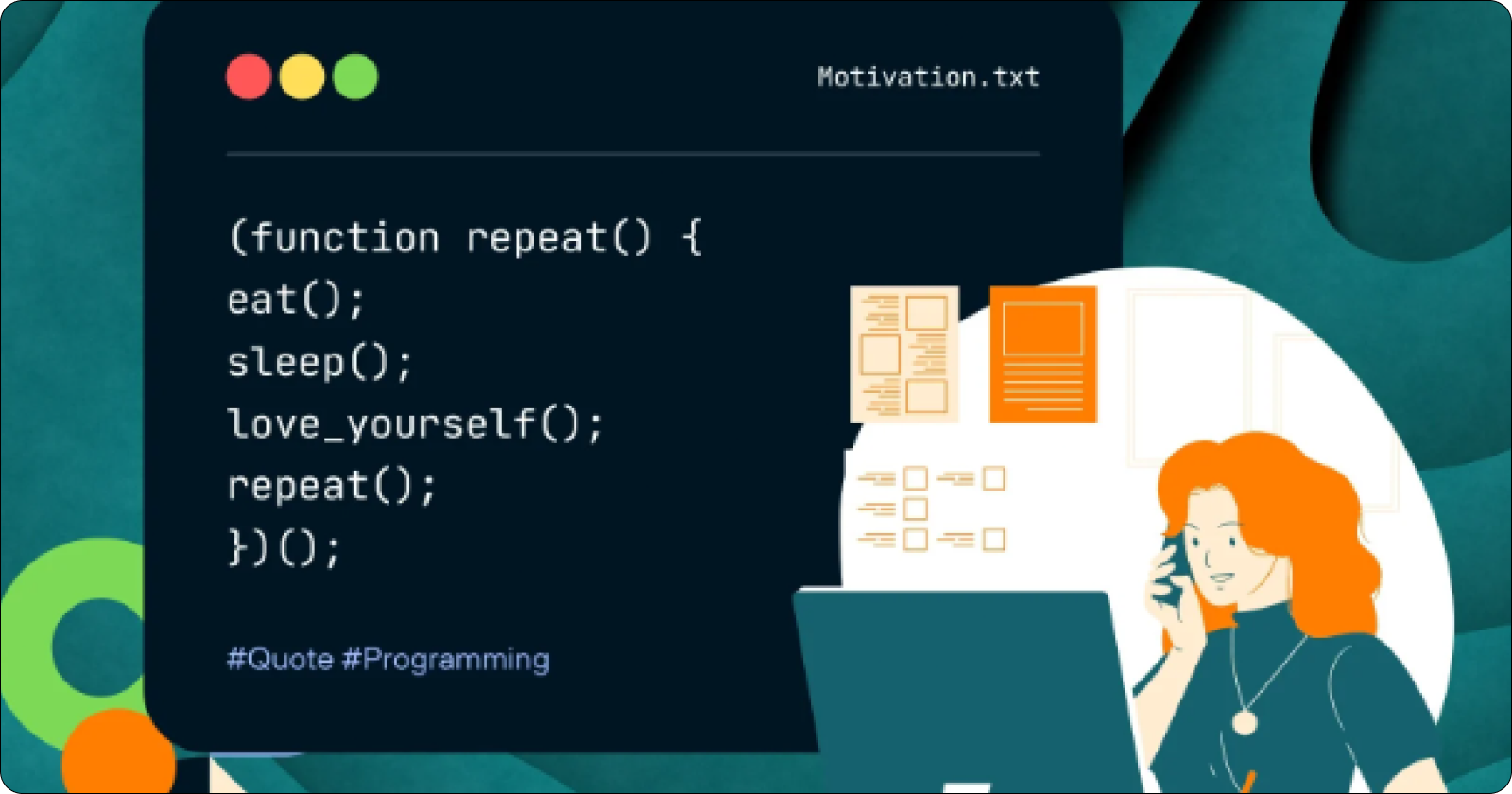Every Expert Was Once a Beginner: Overcoming the Fear of Building Logic
 Saksham basnet
Saksham basnet
Have you ever sat down to write code, only to feel completely paralyzed? You understand the concepts, can follow along with tutorials, and even debug like a pro. But when it comes to creating something from scratch, your mind goes blank. You feel like you don’t know anything and question your abilities. If this sounds familiar, you’re not alone. Many aspiring developers face this challenge. But don’t worry—there are ways to overcome this hurdle and boost your coding confidence.
Understanding the Problem
First, let’s break down why this happens. Understanding code and writing code are two different skills. The former is passive; you’re following along with examples, understanding logic, and learning syntax. The latter is active; you’re building something new, which requires creativity, problem-solving, and decision-making.
Steps to Build Your Coding Confidence
1. Start Small
Begin with small, manageable projects. Instead of trying to build a complex application from scratch, start with simple programs that solve specific problems. For example, create a program that calculates the factorial of a number or sorts an array. As you complete these small tasks, your confidence will grow.
2. Break Down Problems
When faced with a complex problem, break it down into smaller, more manageable parts. This approach, known as decomposition, helps you focus on one piece of the puzzle at a time. For instance, if you’re building a calculator, start by implementing basic operations like addition and subtraction before moving on to more advanced functions.
3. Practice Regularly
Coding is a skill, and like any skill, it improves with practice. Set aside dedicated time each day to write code. The more you practice, the more familiar you’ll become with different patterns and logic structures, making it easier to tackle new problems.
4. Learn from Others
Study code written by others. Look at open-source projects on GitHub, read through well-documented code, and understand how experienced developers structure their programs. This can provide insights into best practices and new ways of thinking about problem-solving.
5. Ask for Help
Don’t be afraid to ask for help. Join coding communities, participate in forums, and seek advice from more experienced developers. Often, a fresh perspective can help you see a problem in a new light and find a solution more quickly.
6. Build Incrementally
Don’t aim for perfection on your first try. Build your project incrementally, testing each part as you go. This iterative approach allows you to identify and fix issues early, reducing the likelihood of feeling overwhelmed by a large, unwieldy codebase.
7. Reflect on Your Progress
Keep a journal of your coding journey. Write down what you’ve learned, the challenges you’ve faced, and how you’ve overcome them. Reflecting on your progress can boost your morale and provide a record of your growth over time.
8. Stay Positive
Lastly, maintain a positive attitude. It’s easy to get discouraged when things don’t work out as planned. Remember that every coder, no matter how experienced, faces challenges and makes mistakes. It’s part of the learning process.
Conclusion
Feeling stuck and doubting your abilities is a common experience among developers. The key is to keep moving forward, no matter how small the steps may be. By starting with manageable tasks, breaking down problems, practicing regularly, and learning from others, you can build your confidence and improve your coding skills. Remember, every expert was once a beginner. Embrace the journey, and you’ll find that you’re more capable than you think.
Subscribe to my newsletter
Read articles from Saksham basnet directly inside your inbox. Subscribe to the newsletter, and don't miss out.
Written by

Saksham basnet
Saksham basnet
I am a Frontend Developer From Nepal ꔪ